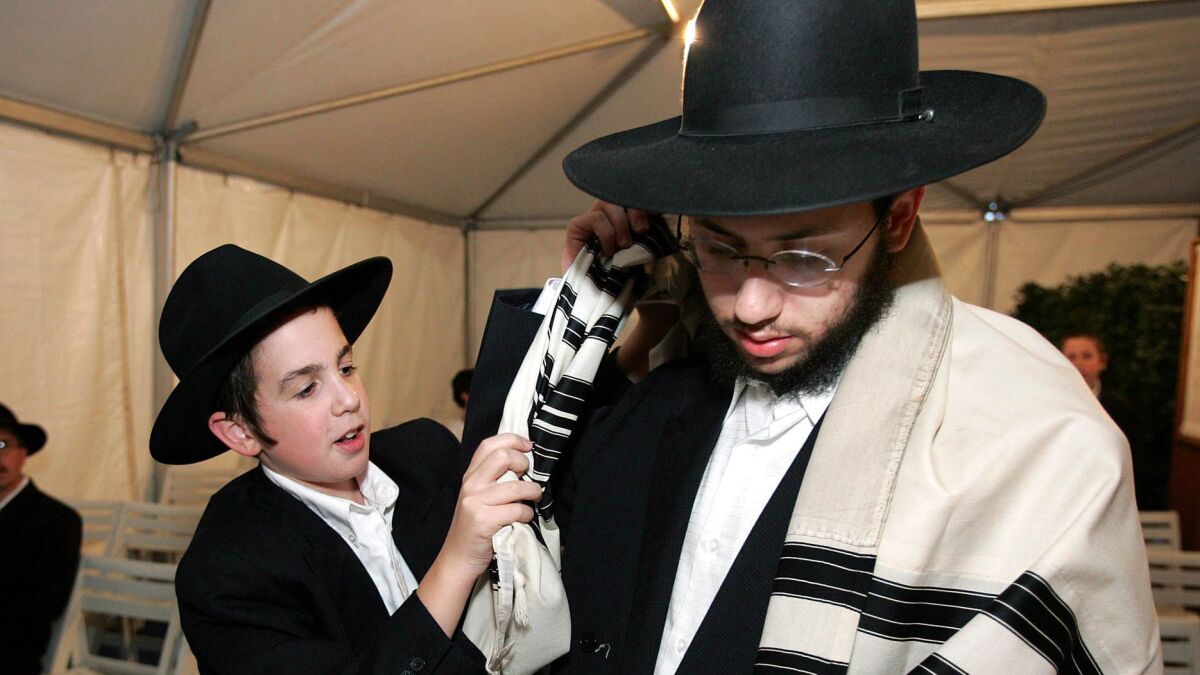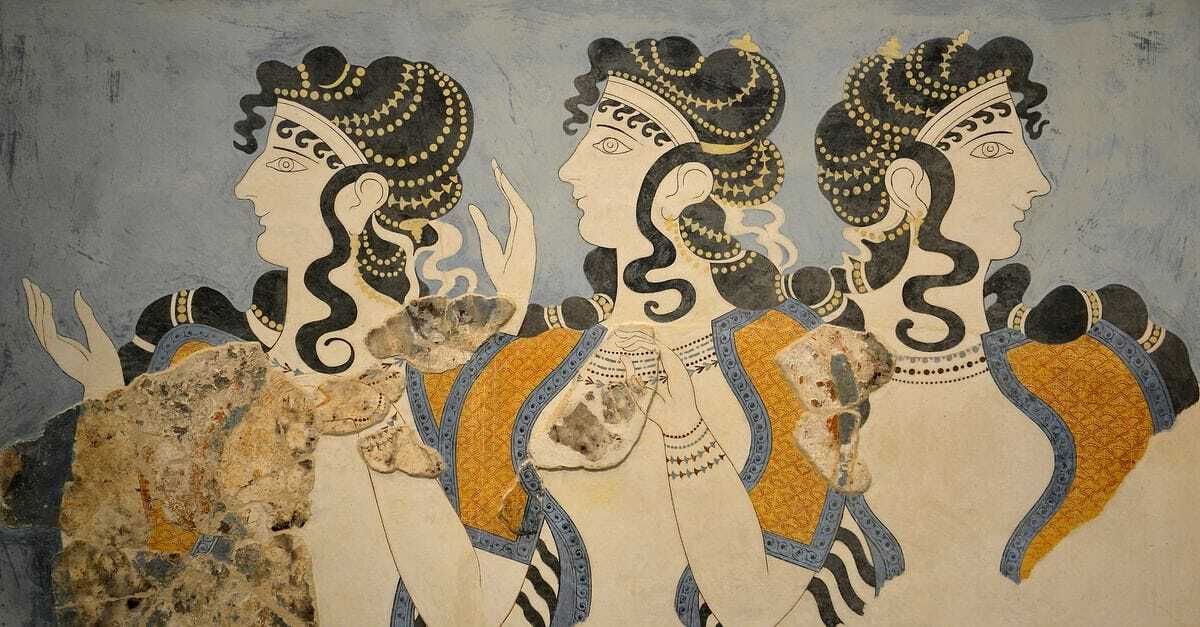
Yom Kippur, also known as the Day of Atonement, is one of the most significant and solemn events in the Jewish religious calendar. It is a time of intense introspection, repentance, and forgiveness. This holy day is observed by Jewish communities worldwide and holds great importance in Jewish tradition.
Yom Kippur falls on the tenth day of the Jewish month of Tishrei, following the observance of Rosh Hashanah, the Jewish New Year. It is a day of fasting, prayer, and reflection, during which believers seek to atone for their sins and reconcile with both God and fellow human beings.
As we delve deeper into the significance and customs surrounding Yom Kippur, let’s explore eleven fascinating facts about this religious observance that highlight its rich history and timeless traditions.
Key Takeaways:
- Yom Kippur is the holiest day in the Jewish calendar, marked by fasting, communal prayer, and seeking forgiveness. It’s a time for spiritual reflection and renewal for Jewish individuals worldwide.
- Yom Kippur, also known as the Day of Atonement, is a day of solemn reflection and repentance, followed by a festive meal called the “Break Fast.” It’s a time for introspection and striving towards self-improvement.
Yom Kippur is the holiest day in the Jewish calendar.
Yom Kippur, also known as the Day of Atonement, holds immense significance in Judaism. It is a day of solemn reflection and repentance for the Jewish community worldwide.
Yom Kippur falls on the tenth day of the Jewish month of Tishrei.
According to the Jewish lunar calendar, Yom Kippur occurs on the tenth day of Tishrei, usually in late September or early October on the Gregorian calendar. It follows the observance of Rosh Hashanah, the Jewish New Year.
The day is marked by fasting from sunset to sunset.
During Yom Kippur, Jewish individuals undertake a complete fast, abstaining from both food and drink from sundown to sundown. This fasting period is considered a form of spiritual purification and cleansing.
Yom Kippur is a day of communal prayer and synagogue attendance.
Jewish individuals gather in synagogues on Yom Kippur to engage in communal prayer services, seeking forgiveness and seeking to reconnect with their spiritual roots. The liturgy of Yom Kippur includes special prayers and readings.
It is customary to wear white on Yom Kippur.
As a symbol of purity and spiritual renewal, many Jewish individuals choose to wear white clothing on Yom Kippur. This attire reflects the introspective and reflective nature of the day.
Yom Kippur includes the sounding of the shofar.
The shofar, a traditional Jewish instrument made from a ram’s horn, is blown during the prayer services of Yom Kippur. Its distinctive sound serves as a call to repentance and a reminder of the solemnity of the occasion.
Yom Kippur is a day of forgiveness and reconciliation.
Part of the Yom Kippur observance involves seeking forgiveness from others and reconciling any conflicts or grievances. It is believed that by making amends and seeking forgiveness, individuals can achieve spiritual closure and renewal.
Work, cooking, and certain other activities are prohibited on Yom Kippur.
Yom Kippur is a day of complete rest and abstaining from work. Jewish individuals also refrain from cooking, using electronics, and engaging in other activities that are considered mundane, focusing solely on spiritual matters.
Yom Kippur ends with the blowing of the shofar.
At the conclusion of Yom Kippur, the shofar is blown once again, signifying the end of the Day of Atonement. This moment is met with a sense of relief and joy, as individuals have sought reconciliation and started afresh.
Yom Kippur is a time for introspection and self-improvement.
Yom Kippur serves as an opportunity for individuals to reflect on their actions, seek self-improvement, and make positive changes in their lives. It is a time to evaluate one’s character and strive towards becoming a better person.
Yom Kippur is followed by a festive meal.
After the conclusion of Yom Kippur, Jewish families come together to enjoy a festive meal called the “Break Fast.” This meal typically consists of traditional dishes and provides an opportunity for loved ones to reconnect and celebrate.
Conclusion
In conclusion, Yom Kippur is a significant religious observance with deep historical and spiritual roots. It is a day of repentance, forgiveness, and reflection for Jewish people worldwide. Yom Kippur exemplifies the values of introspection, atonement, and the pursuit of spiritual growth. Through fasting, prayer, and the abstention from physical pleasures, individuals seek to connect with their faith, strengthen their relationship with God, and seek forgiveness for their transgressions.During this solemn day, Jewish communities come together to observe Yom Kippur, engaging in various rituals and customs that have been passed down through generations. By understanding the significance of Yom Kippur and participating in its observances, individuals can gain a deeper understanding of Jewish culture and tradition.Yom Kippur serves as a reminder of the importance of self-reflection, forgiveness, and the restoration of relationships. It is a time to seek forgiveness from both God and fellow human beings, and to strive towards personal growth and renewal. May this sacred day bring peace, unity, and a renewed sense of purpose to all who observe it.
FAQs
1. What is Yom Kippur?
Yom Kippur is a religious observance in Judaism that is considered the holiest day of the year. It is a day of repentance, fasting, and prayer.
2. When is Yom Kippur celebrated?
Yom Kippur falls on the tenth day of the Hebrew month of Tishrei, following Rosh Hashanah, the Jewish New Year. It typically takes place in September or October.
3. Why do people fast on Yom Kippur?
Fasting is a central aspect of Yom Kippur. It is believed that by abstaining from food and other physical pleasures, individuals can focus on introspection, repentance, and spiritual growth.
4. Are there any specific customs associated with Yom Kippur?
Yes, there are several customs associated with Yom Kippur. These include attending synagogue services, participating in prayer rituals such as the Kol Nidre service, abstaining from work, lighting candles, and seeking forgiveness from others.
5. What is the significance of seeking forgiveness on Yom Kippur?
Seeking forgiveness from others is an essential part of Yom Kippur. It is believed that by reconciling with those we have wronged, we can achieve forgiveness from God and foster harmony within the community.
6. How long does Yom Kippur last?
Yom Kippur begins at sundown and ends at nightfall the following day, lasting approximately 25 hours.
7. Can anyone observe Yom Kippur?
Yom Kippur is primarily observed by Jewish people, but individuals from any background are welcome to participate and witness the observances.
8. Are there any specific greetings or wishes for Yom Kippur?
On Yom Kippur, it is common to greet others with the phrase “G’mar Chatimah Tovah,” which means “May you be sealed [in the Book of Life] for good.”
Yom Kippur's focus on prayer, fasting, and repentance shares similarities with other religious practices and figures. Jumu'ah Prayer in Mecca brings Muslims together for communal worship, while fasting tea offers a unique approach to abstaining from food and drink. Jonah's story in the Bible highlights themes of repentance and divine forgiveness, resonating with Yom Kippur's central message.
Was this page helpful?
Our commitment to delivering trustworthy and engaging content is at the heart of what we do. Each fact on our site is contributed by real users like you, bringing a wealth of diverse insights and information. To ensure the highest standards of accuracy and reliability, our dedicated editors meticulously review each submission. This process guarantees that the facts we share are not only fascinating but also credible. Trust in our commitment to quality and authenticity as you explore and learn with us.


